 1: All about zipatones, in my continuing survey of the technical aspects of cartooning. My pal Patrick Alexander, last seen on this blog on 10 jan '07, recently sent me a few sheets of the stuff from Japan:
1: All about zipatones, in my continuing survey of the technical aspects of cartooning. My pal Patrick Alexander, last seen on this blog on 10 jan '07, recently sent me a few sheets of the stuff from Japan: 
I'm talking about those screens of dot-pattern that used to be a staple of my black and white art. I guess they're well and truly out of fashion now, since it's easier to make a screen on the computer and besides patterns of dots in artwork are likely to cause scanning problems. The sheet has a sticky back, and comes on a slick sheet which is semi-transparent, just enough to see the art underneath so you can cut to fit with a scalpel. They come graded in percentage greys, from 10, 20 etc. up to 90, though 90% was likely to fill in black if there was to be any reduction in size. I always found that 70% was a comfortable high. They also come in line-per inch. I was using 50-lpi last I thought about it. Finer than that was asking for trouble if there was to be a 70% reduction in size. On a light print job 10% grey might just look like the merest gossamer smear on the page, but I was all for that kind of subtlety. I liked to hack the stuff up a great deal, so after some use my pages would look like this:

But I always could use the bits no matter how small they got.
**************
Joe McCulloch writes 2,801 words on the history of Steve Bissette's TABOO anthology. I have never understood the attraction of horror, so I wasn't really paying attention at the time, Thus it has completely slipped my mind what a pain in the arse it was for Steve to get that second issue out, the one in which From Hell made its debut, and FH wasn't even the component that was giving offence:
A typesetting house refused the project, as did two copy shops. As did a color separation outfit. A different separation outfit, approached to handle the back and inside covers, had to be assured that certain symbols on display were not Satanic. Upon approaching a bindery, the book was refused because the people there believed incorrectly that John Totleben had drawn a vagina somewhere in his front cover art. Nine binderies refused the book in sum. Finally, the damned thing was released in the Autumn of 1989, all 10,000 copies. Some of which were then seized and destroyed in customs busts in Canada and the UK. At the end of 1989, Bissette was refused a business loan by his bank, which had handled the prior issue's money, for the purposes of reprinting the volume.That is infamy.********
Competitors in the World Beard and Moustache Championships paraded through Brighton on Saturday morning.-BBC news- 1st Sept- ten photos.
Labels: zipatones
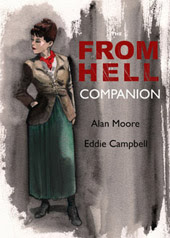
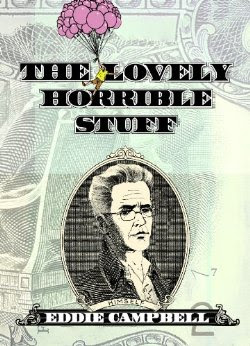

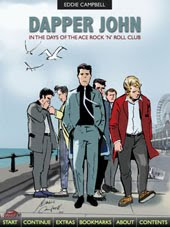
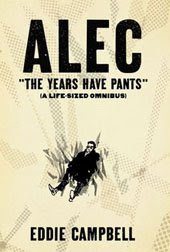
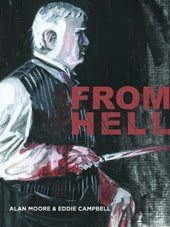
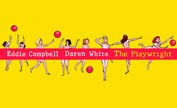
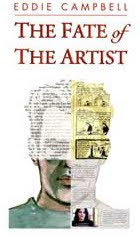
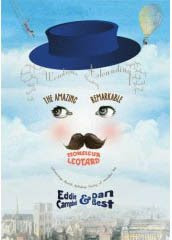
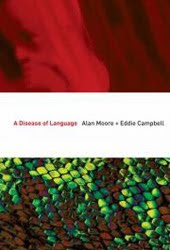
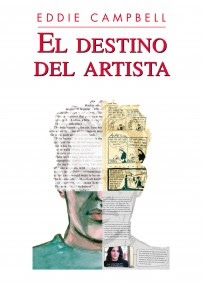
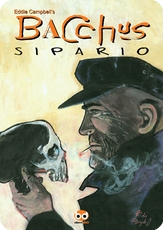
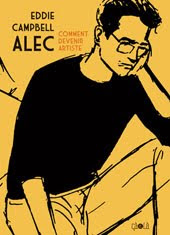

6 Comments:
I used to play around with the bits left over from my Dad's zipatones (in French "zipaton" - we've been very creative with the name for once).
But, like you, he did rather tend to use his to the max (the stuff was pretty expensive). I did not think it still existed.
I can sympathise with Steve Bissette on that score, having seen some of the hoops Savoy had to jump through over the years to get challenging things printed. At least two books had to be done by paying someone cash to run machines at night after printers refused to touch them. Then once a thing is printed you can find that distributors won't take it and shops won't stock it.
I've always known that zipatone stuff as Letratone which was Letraset's equivalent.
I recall that we used to make light of the number of zipatones killed in the production of each issue of Chaykin's AMERICAN FLAGG.
I'll have to look at the TABOO history link. As I recall, I had a story in that issue and heard the step-by-step horrors that Steve went through to get it into print. All stemming from someone at Preney Press using some leftover Chester Brown YUMMY FUR pages to pack some customer's boxes (said customer unfurling the crumpled pages and becoming very offended). Preney were the first outfit to humble themselves into not printing TABOO, so I had no sympathy for them when they finally did go out of business.
I could be wrong, but I believe the tones in American Flagg were achieved using duotone paper - apply chemical X with brush to paper, which eliminates Chemical B, which exposes the stipple pattern.
Anon's right. Flagg was Duoshade.
I just posted a few thoughts on screen tones over on the Periscope blog:
http://mercurystudio.blogspot.com/2007/09/eddie-on-zip.html
-Steve Lieber
good post, Steve. I always loved what you did with the tones. Your memories of tiny pieces turnng up everywhere made me laugh. Too true. I'd be walking down the street and my shoe would be irritating me so much I'd have to stop and take my shoe and sock off, and stuck to the sole of my foot would be a scruched up half-inch of letratone.
Post a Comment
Subscribe to Post Comments [Atom]
<< Home